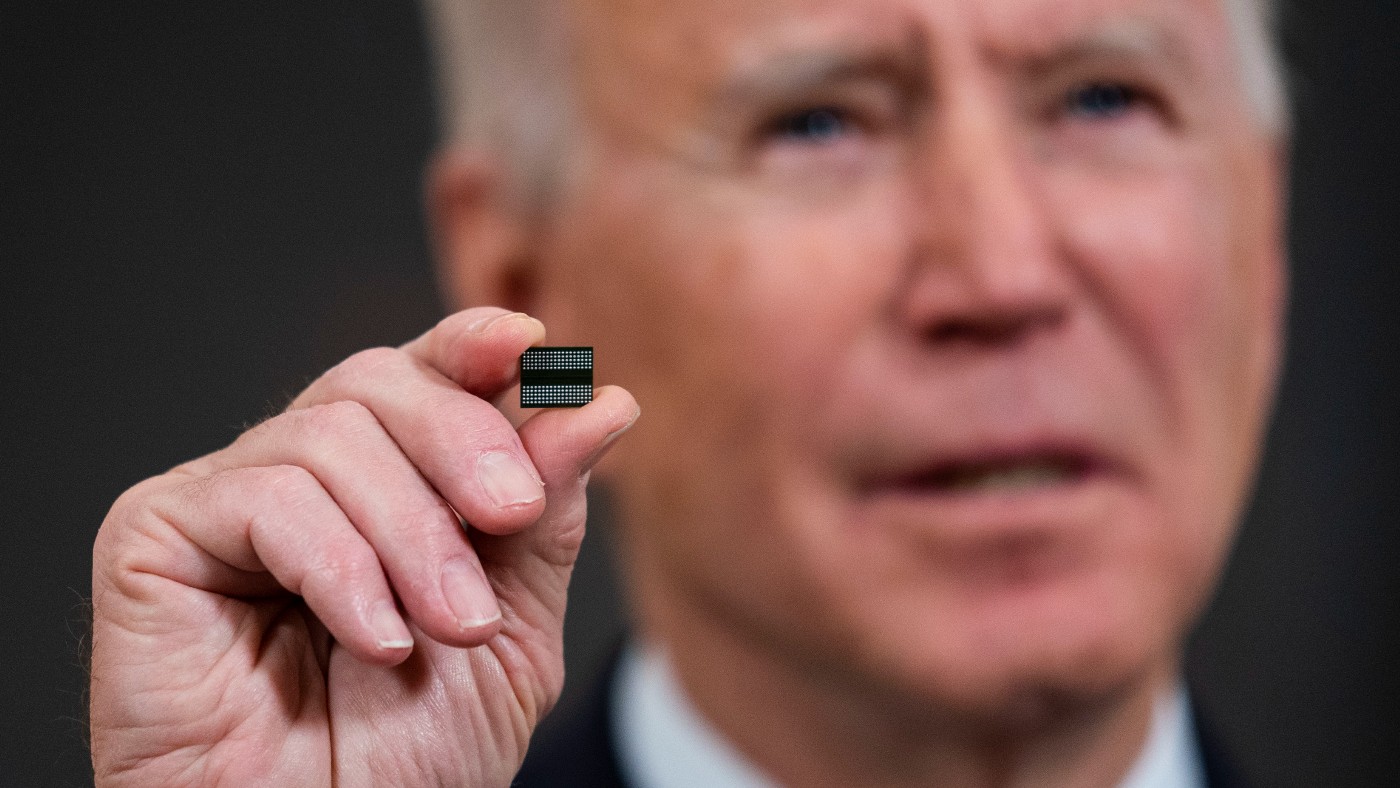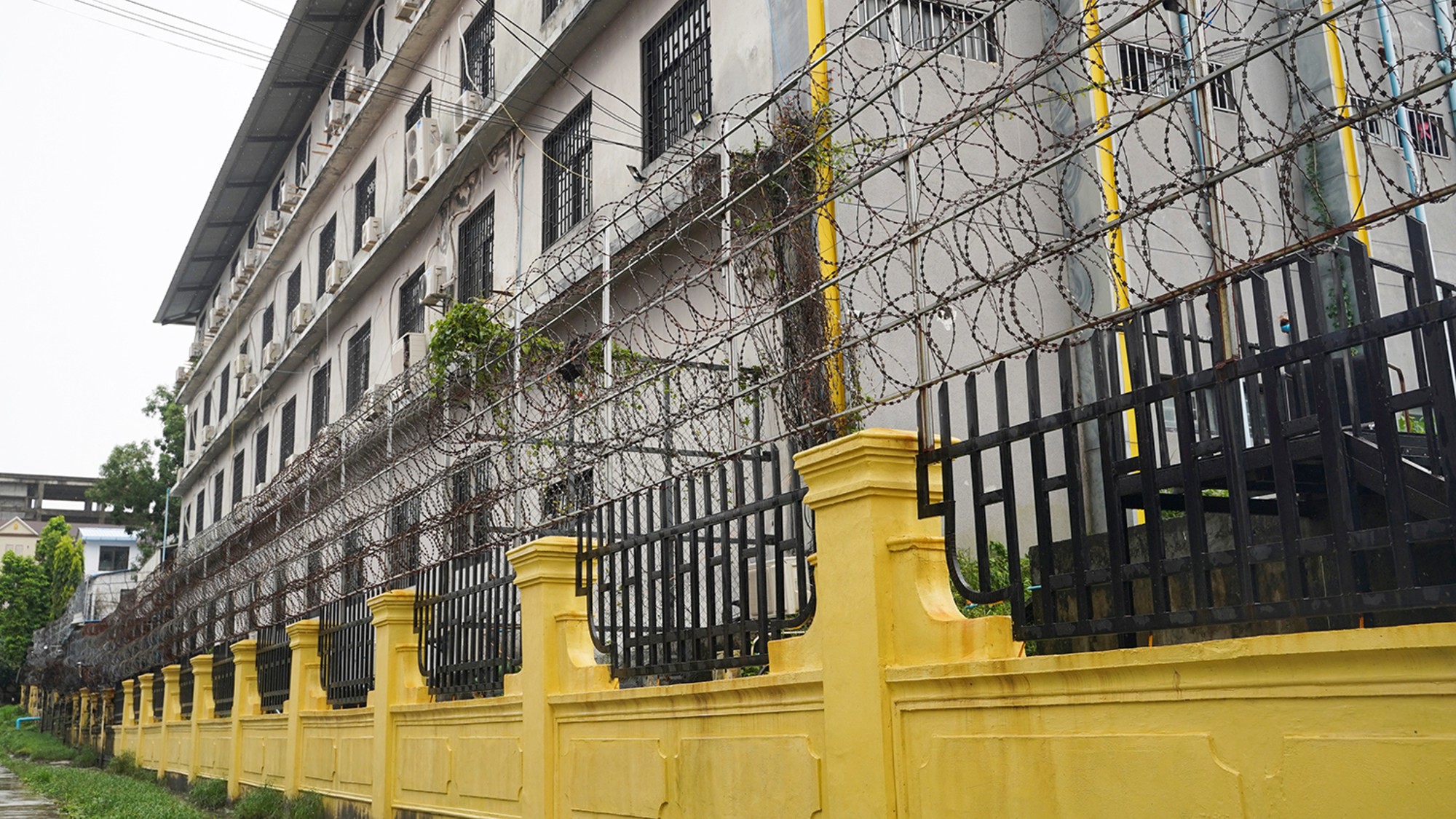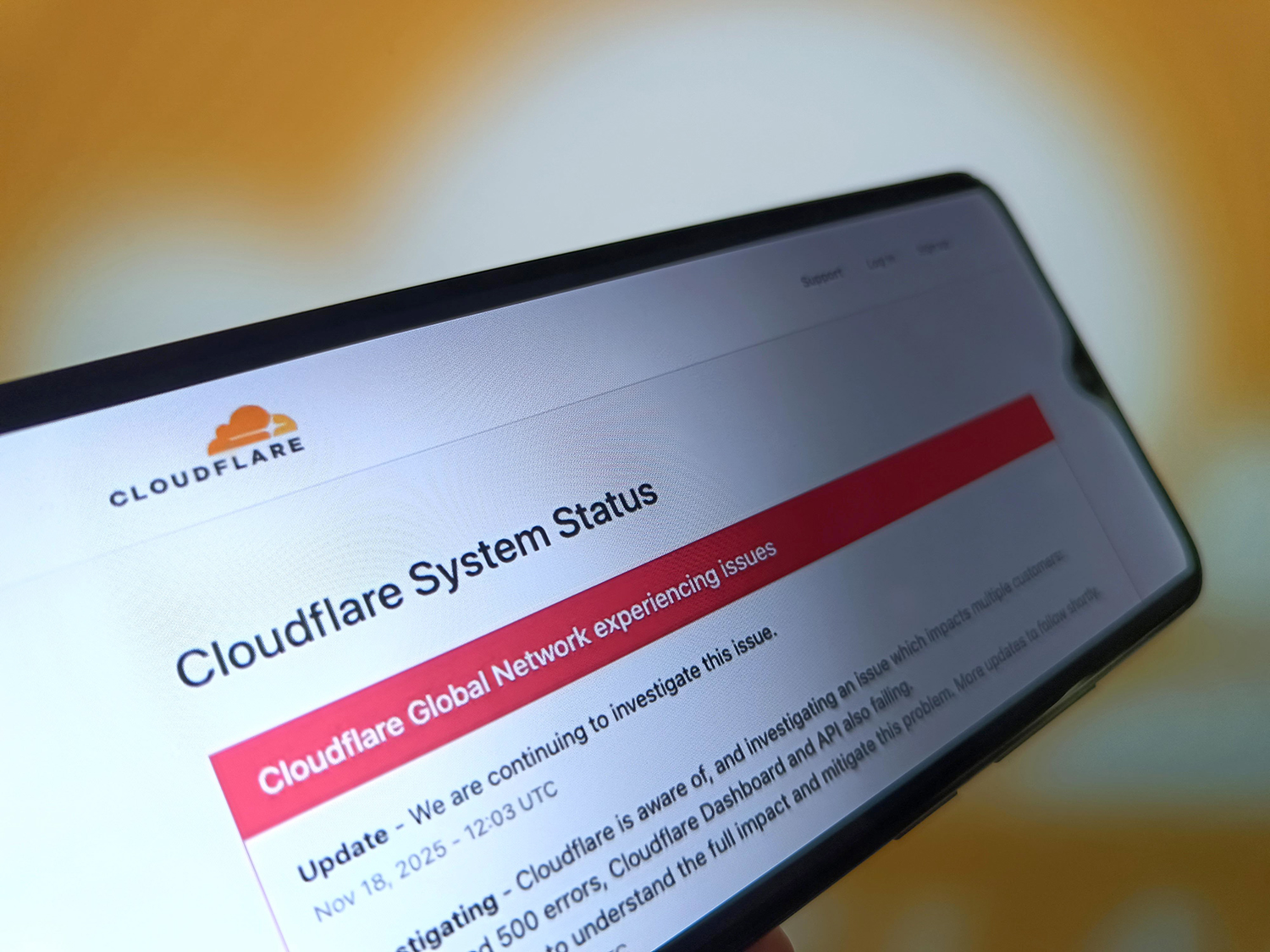The Chips Act: congress’s $52bn giveaway
Should the US taxpayer be funding the tech pivot to computer chips?

A free daily email with the biggest news stories of the day – and the best features from TheWeek.com
You are now subscribed
Your newsletter sign-up was successful
Subsidies for childcare; paid sick leave: these are the kind of areas that need government funding in these hard times, said Robert Reich, former secretary of labour, on Substack.com. Yet as it prepares to close for the summer recess, what is congress gearing up to fund? In a rare moment of bipartisanship, the senate has agreed to fill the pockets not of ordinary Americans but corporate America. The Chips Act (or, Creating Helpful Incentives to Produce Semiconductors Act, to give it its full title), is a $52bn handout to US firms that make computer chips. Intel and other chipmakers claim they need this vast subsidy if they’re to build new chipmaking factories here and reduce reliance on imports from China, South Korea and Taiwan. “It’s pure extortion.”
The impetus for this giveaway, said Rebecca Heilweil on Vox, was the pandemic-induced global supply crunch for computer chips, which “made it harder to buy everything from cars and laptops to sex toys and medical devices”. But the shortage is now easing, said The Wall Street Journal, and the industry itself is raking in profits: in April alone, chip sales in the US rose by 41%. So taxpayers are being asked to subsidise firms “that don’t need their help”. And not just to the tune of $52bn. The bill offers another $24bn in tax credits, and in its journey through congress a further $200bn in funding for chip-related research has been added. It has morphed into a $280bn “bipartisan spendorama”, the effect of which will be to undermine competitiveness. History is littered with such examples.
It’s short-sighted to dismiss this as just another corporate welfare package, said Gillian Tett in the FT. In the 21st century, chips will have nearly as much geopolitical importance as oil: they’re “the building blocks of the modern economy”, in President Biden’s words. And the US doesn’t make enough of them, said Ian King on Bloomberg. In the 1990s, America accounted for almost 40% of the chip market: “Silicon Valley is literally named after the stuff semiconductors are made of.” Yet today, just 12% of chips are made domestically. Hardly surprising, said Matt Hamblen on Fierce Electronics: governments in east Asia, where 80% of chips are produced, give such huge financial incentives to their domestic chipmakers that their US counterparts claim to be at a 30% to 50% cost disadvantage. And Europe is trying the same trick with its own chips bill involving $30bn to $50bn in subsidies. That’s why Intel’s plan to open a $20bn chip factory in Ohio “deserves a huge thumbs up”. However, it will be unlikely to reach fruition, unless the Chips Act – and the subsidy that comes with it – is signed into law.
The Week
Escape your echo chamber. Get the facts behind the news, plus analysis from multiple perspectives.

Sign up for The Week's Free Newsletters
From our morning news briefing to a weekly Good News Newsletter, get the best of The Week delivered directly to your inbox.
From our morning news briefing to a weekly Good News Newsletter, get the best of The Week delivered directly to your inbox.
Don’t imagine that if it does, it will do anything to address the current supply shortage, said Rebecca Heilweil. Chip factories take years to construct before production starts and, in any case, most of the $52bn subsidy isn’t to aid production of the basic “legacy” chips that power our consumer gadgets: those aren’t the kind of chips Intel plans to make at its prospective megafactory. No, the subsidy is aimed at fostering US production of advanced chips, the minuscule semiconductors with transistors that are critical for certain advanced types of technology, most notably hi-tech US military hardware. And right now almost all those chips are produced by a single company in Taiwan – TSMC, the largest contract chipmaker in the world. The big fear in Washington is that were China ever to invade Taiwan, America, deprived of advanced chips, would be at its mercy. The Chips Act isn’t primarily about supply. It’s about security.
A free daily email with the biggest news stories of the day – and the best features from TheWeek.com
-
 The ‘ravenous’ demand for Cornish minerals
The ‘ravenous’ demand for Cornish mineralsUnder the Radar Growing need for critical minerals to power tech has intensified ‘appetite’ for lithium, which could be a ‘huge boon’ for local economy
-
 Why are election experts taking Trump’s midterm threats seriously?
Why are election experts taking Trump’s midterm threats seriously?IN THE SPOTLIGHT As the president muses about polling place deployments and a centralized electoral system aimed at one-party control, lawmakers are taking this administration at its word
-
 ‘Restaurateurs have become millionaires’
‘Restaurateurs have become millionaires’Instant Opinion Opinion, comment and editorials of the day
-
 Moltbook: The AI-only social network
Moltbook: The AI-only social networkFeature Bots interact on Moltbook like humans use Reddit
-
 Are AI bots conspiring against us?
Are AI bots conspiring against us?Talking Point Moltbook, the AI social network where humans are banned, may be the tip of the iceberg
-
 Silicon Valley: Worker activism makes a comeback
Silicon Valley: Worker activism makes a comebackFeature The ICE shootings in Minneapolis horrified big tech workers
-
 AI: Dr. ChatGPT will see you now
AI: Dr. ChatGPT will see you nowFeature AI can take notes—and give advice
-
 Metaverse: Zuckerberg quits his virtual obsession
Metaverse: Zuckerberg quits his virtual obsessionFeature The tech mogul’s vision for virtual worlds inhabited by millions of users was clearly a flop
-
 The robot revolution
The robot revolutionFeature Advances in tech and AI are producing android machine workers. What will that mean for humans?
-
 Texts from a scammer
Texts from a scammerFeature If you get a puzzling text message from a stranger, you may be the target of ‘pig butchering.’
-
 Blackouts: Why the internet keeps breaking
Blackouts: Why the internet keeps breakingfeature Cloudflare was the latest in a string of outages